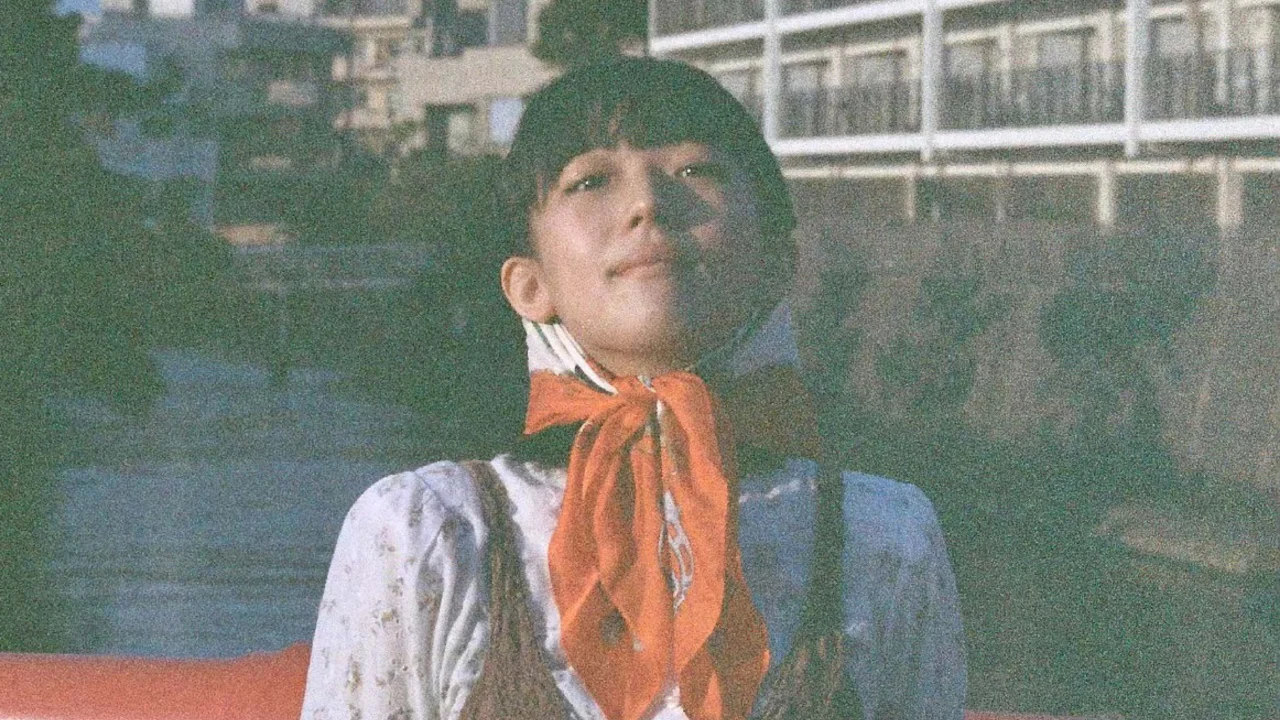INDEX
Analyzing Festivals through the Lens of Music Genres and Generations
-What do you think about the relationship between festivals and genres?
Nagai: To begin with, “Fuji Rock” was relatively genre-less. Although it was called a “rock festival,” it also featured techno and hip-hop, and the atmosphere was similar for the subsequent festivals. However, with the passage of time, a so-called “Japanese rock” scene emerged, and I think there was a time when it became the only genre.
-I think it was around 2010, when the “four beat” scene became popular.
Nagai: The increase in the number of local festivals up to around 2010 were held by local promoters. The background to this was the establishment of large standing venues such as Zepp, etc. When people who create events on the scale of Zepp organize festivals, they naturally attract more rock bands, and I think the “rock festival” format quickly spread.
After a period in which those DJ culture things were eliminated and rock remained, we are now seeing an increase in HIP HOP festivals, and I think this is also a generational issue. Certainly, younger people are going to rock festivals, but the age group is going up. On the other hand, HIP HOP festivals are mainly for the younger generation. If we look at festivals as an intergenerational issue, I wonder if mixing genres will lead to more expansion in the future.
For example, you would like to bring together both the millennials who mainly listen to rock and the Gen Z who mainly listen to Hip Hop.
Nagai: Yes: I think that would be interesting. I think there is a limit to how far we can go with the same group of people and the same audience, so I don’t think our metabolism is working well.

– As festival culture matures, there is a sense that it is becoming more diverse across generations. However, there is also a division between festivals where the audience base is primarily composed of those who have been attending since the early days of festivals and those where a newer generation takes the lead.
Nagai: That’s right. And even within the “rock” genre, new rock bands are emerging, but I feel that they are differentiated and divided in the form of “bands popular among young people.
– So, even if we say “rock fans,” there are festivals that focus on young people, festivals that focus on middle-aged and older people, festivals that focus on Japanese music, which continues to undergo its own unique changes in Japan, and festivals that focus on Western music that draws on the history of global rock music.
Nagai: That is how I feel now. My metabolism has been bad for the past few years. However, there are a lot of interesting bands coming out, and there are scenes where indie bands and HIP-HOP are coming closer together, or bands with a club-like atmosphere are coming out, so there are scenes that are nearby, so I am paying attention.
– What do you think about overseas festivals?
Nagai: Music is used effectively in cultural events other than music, such as dramas and movies, to fuse cultures and create points of contact between different genres of music. I wonder if this can be reflected in festivals.
Recently, there is a drama called “THE IDOL” featuring The Weeknd and BLACKPINK’s Jenny, and the world view is exactly like “Coachella (Coachella Valley Music and Arts Festival)”. If this kind of thing is considered within the framework of Japan, I think it could happen with anime.
– So you are saying that the use of music in anime culture brings other genres of music into contact with each other, and that festivals are also influenced by this.
Nagai: Yes. There are still very few cases, except for festivals, where music from other genres are mixed together to create a single sense of value. I expect that large-scale festivals linked to hit charts will play more of such a role.
























